Did you know there was a study published in 2019 about the decline of birds in North America?
The study showed bird population had decreased by 30% since the ’70s. King Rail, Chestnut-collared Longspur, Bank Swallow, Black Swift, and the Evening Grosbeak were the birds that decreased the most in population.
There are many reasons bird populations are decreasing. The most common reasons are habitat loss, free-roaming cats, birds crashing into buildings, pesticide use, food decline, fewer insects to eat, and climate change.
We will go through some foods that could kill birds, feeding birds the right food. Some foods aren’t suitable for birds and bring more harm than providing energy.
We will go over 20 foods you should NEVER feed wild birds or any kind of bird.
But before we get into our list we see a main food we feed birds which can be so dangerous to birds,
To know more click the link
1. Avocados
As we are all aware, never feed birds with Avoca-don’ts.
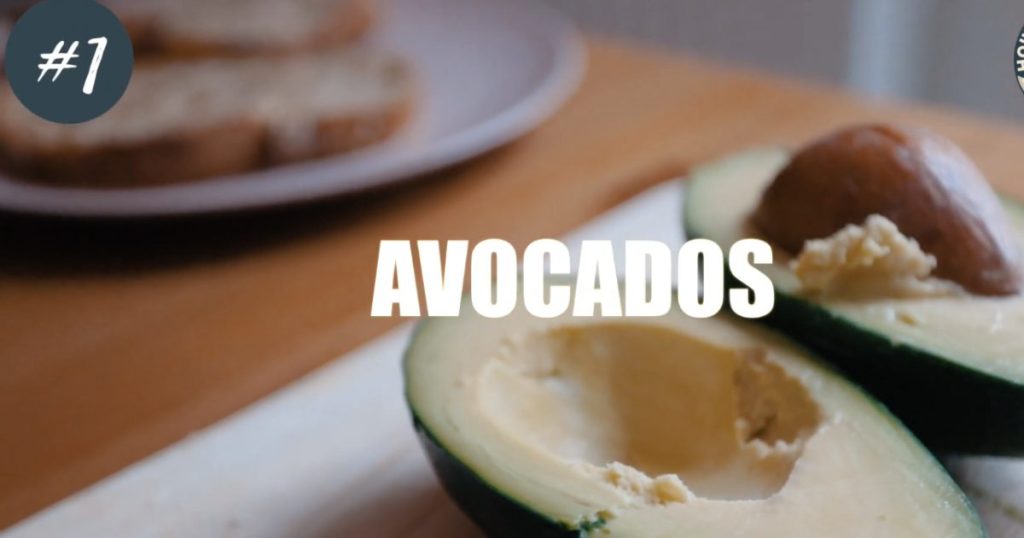
The leaves of an avocado plant contain a fatty acid called persin, and its main job is to kill the fungus in the plant. Now when that’s ingested by a bird, they can have heart failure, breathing difficulty, general weakness, and even sudden death. Everything in the avocado is harmful to birds. The outer shell, the fruit meat, the pit, and the seed.
Symptoms of persin poisoning show within 12 hours in birds. Although there is no cure for birds that have eaten avocado, a veterinarian can give the bird supportive care in their last moments.
Now here’s the interesting thing about birds with avocado, there are situations when a bird has ingested avocado. You may have come across pictures and videos that they are fine after eating an avocado. The reason is that we don’t know enough about avocados, there are so many different types and kinds of avocados, and we’re not experts in knowing which causes danger.
If you walk into a store tomorrow and you’re shown two avocados, will you know the difference?
You may or may not, and we don’t know which ones affect the birds and which ones don’t, so it’s best to make sure birds never come in contact with avocados because you never want it to be that one time.
2. Bread:
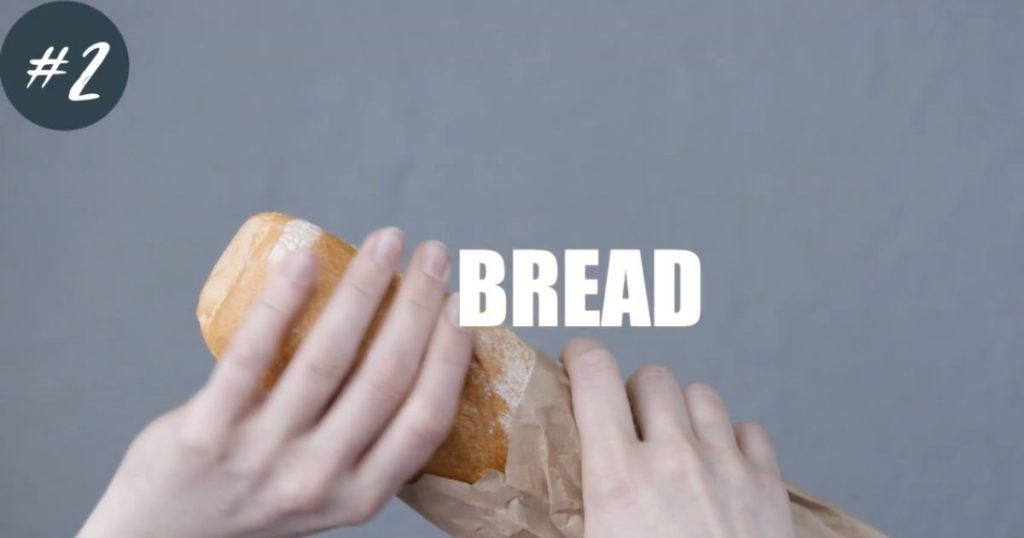
Bread is that thing that always needs to be reminded not to feed birds, you will always see people feeding birds with an old loaf of bread so what’s the harm in bread
Click here to learn more about what could feeding bread does to a bird.
3. Caffeine
Caffeine can be toxic to birds. It can increase heart rate, arrhythmias, hyperactivity, and also sometimes lead to cardiac arrest and death.
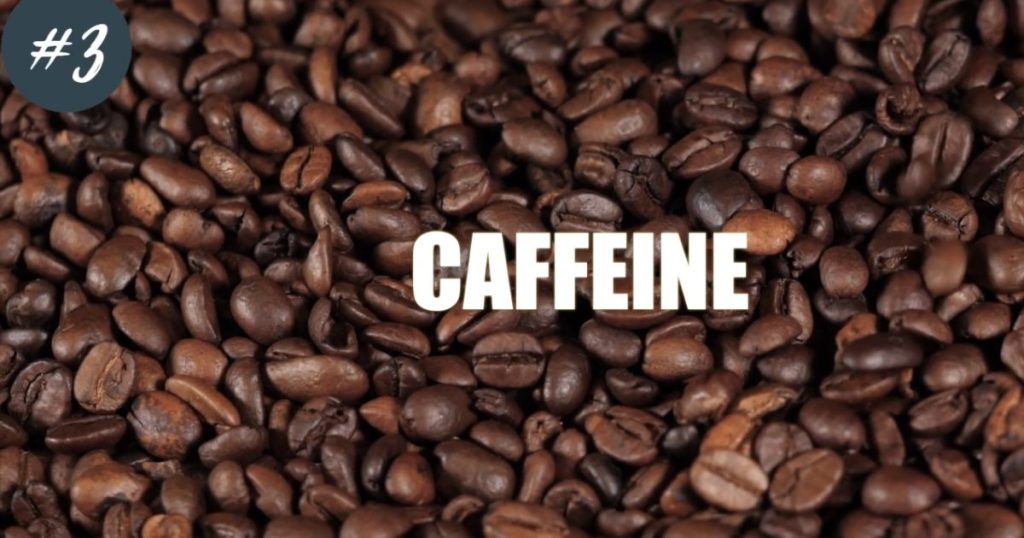
Caffeine can be found in coffee, tea, energy drinks, soda, and supplements.
What happens if a bird drinks or eats something containing caffeine?
If the bird didn’t consume too much caffeine, nothing would happen. However, if you see a bird taking more coffee, make sure to provide them with a lot of water. Hopefully, it will be fine but make sure to contact a veterinarian. Since you can’t make wild birds drink water, don’t feed them caffeine.
4. Chocolate
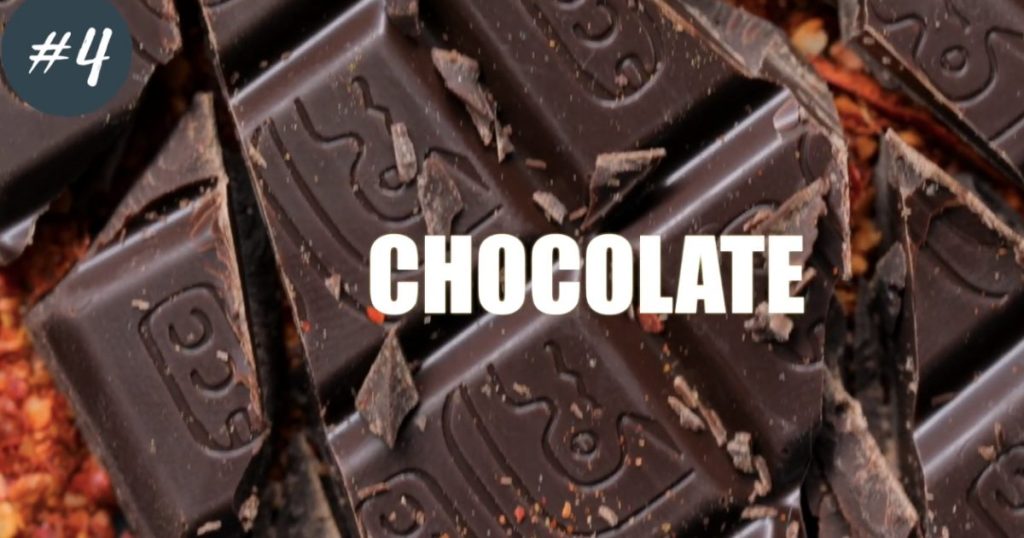
Even cats and dogs will be in severe danger only by eating a few grams of
chocolate. In the case of birds, they don’t require much chocolate to be lethal. Anything more than 2 grams is hazardous. As chocolate contains theobromine and caffeine, which are toxic to birds.
Symptoms of toxicity from chocolate typically appear about 10 hours after ingestion; therefore, if you have a pet bird who consumes chocolate, you need to take it to the vet immediately.
5. Cookies
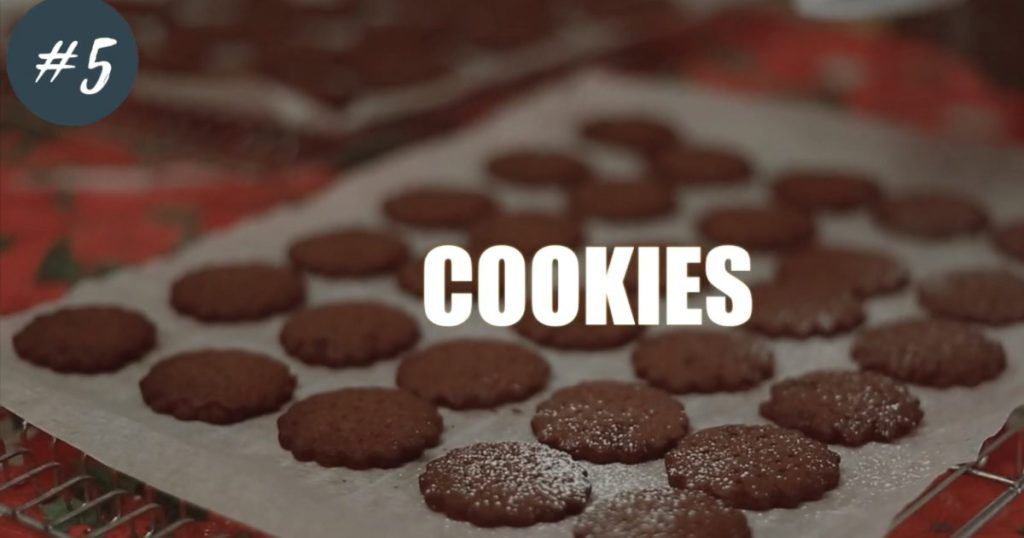
Cookies, biscuits, crackers, or whatever you call it are not suitable for birds. Cookies usually contain a lot of sugar and butter, which isn’t a part of a wild bird’s natural diet as with bread, cookies are also made from flour which doesn’t provide any nutritional value for the birds, instead cookies fill up the bird’s belly and force the bird to stop looking for proper food.
6. Dried Beans
This is very interesting. Dried, uncooked raw beans are toxic to birds. They contain a lectin called hemagglutinin which is very bad for birds.
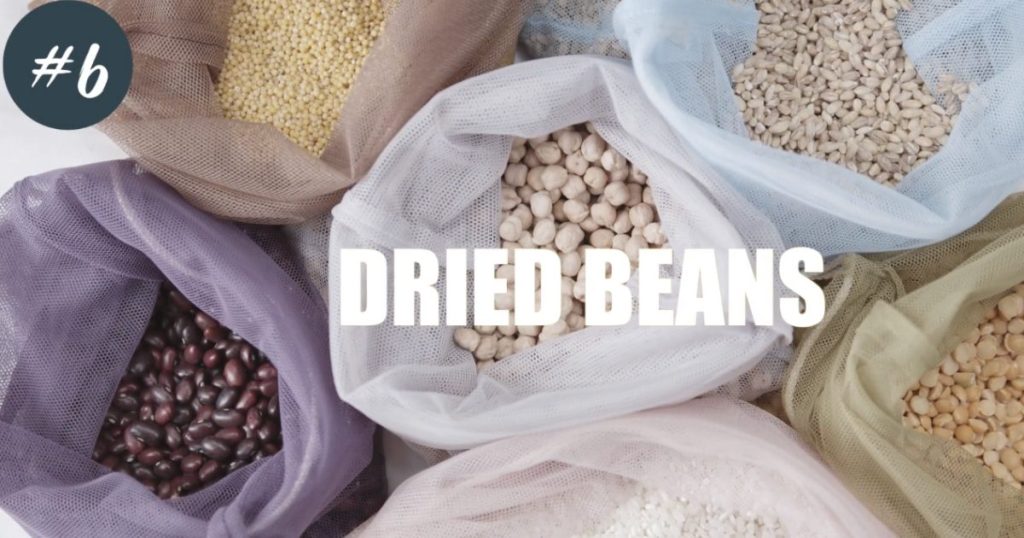
However, cooked beans are great food for birds. They provide the birds with rich nutrients packed with protein and fiber, and it keeps them full for longer. So in order to avoid any poisoning in your bird, make sure that you fully cook all your beans and legumes.
7. Fats
Some animal fats should be avoided by being given to birds.
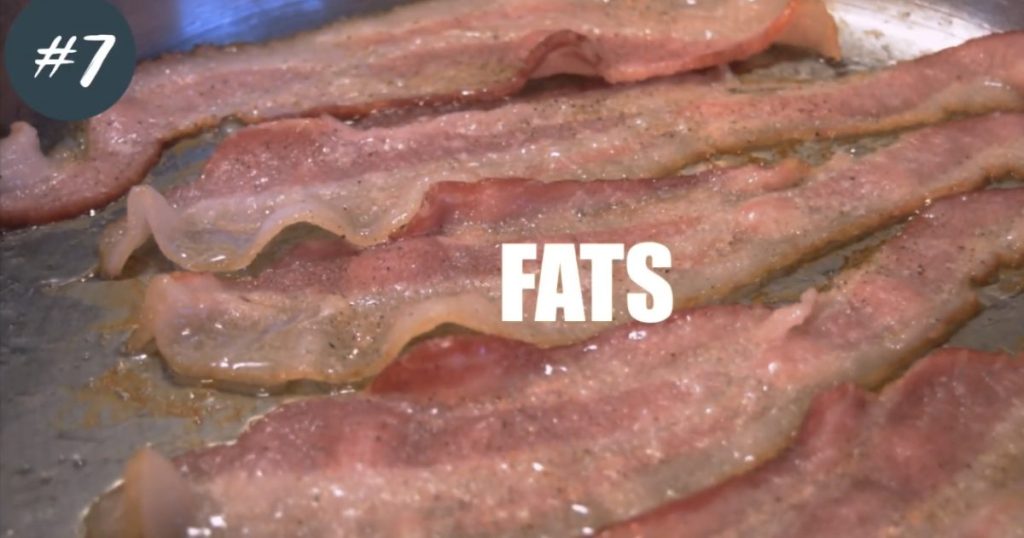
For example, fat from bacon contains a too high amount of salt, which can hurt the kidneys of birds, and it isn’t good for you or the birds.
However, there is fat from non-animal sources that can be healthier and provide the birds with nutrients without raising their cholesterol levels,
for example, coconut fat.
Wild birds that consist of different species just love a different kind of diet, and you want to make sure you change that for birds, and providing high-fat food is going to create high cholesterol in birds, and it’s also going to be a main cause of fatty liver disease if you have seen an overweight they also prone to heart disease, and just their overall quality of life will degrade so just make sure that you pay attention to what you’re feeding birds.
8. Garlic
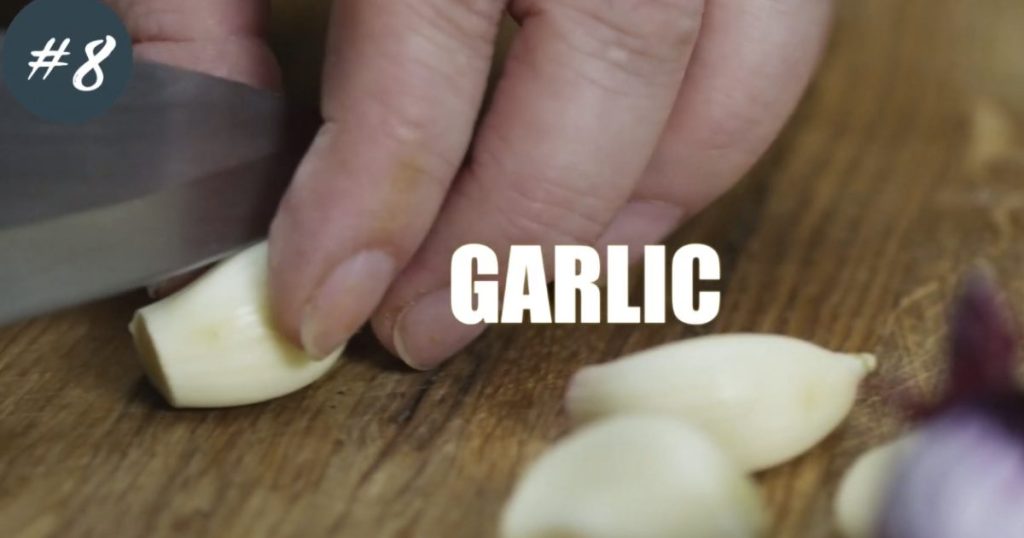
Garlic contains a chemical called allicin, which can cause anemia among birds.
9. Honey
You should avoid feeding honey to the birds. Honey that has been stored improperly can absorb moisture, leading to the growth of microorganisms and mold.
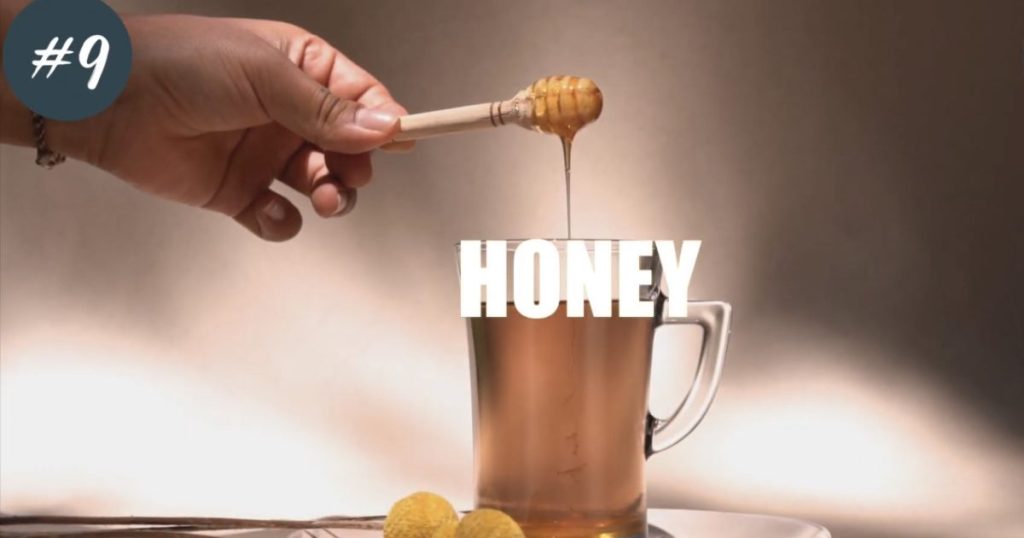
However, this is uncommon, and seeing mold on honey is rare. Still, even the best organic honey can hold clostridium botulinum which can develop a lethal poison called botulism and pass it on to the bird botulism is a rare food poisoning yet very hazardous if it occurs.
That’s why children under one aren’t recommended to consume honey.
10. Milk
Milk isn’t lethal, but it isn’t good for birds to drink. Birds are lactose intolerant and will cause them to suffer if fed milk containing dairy.
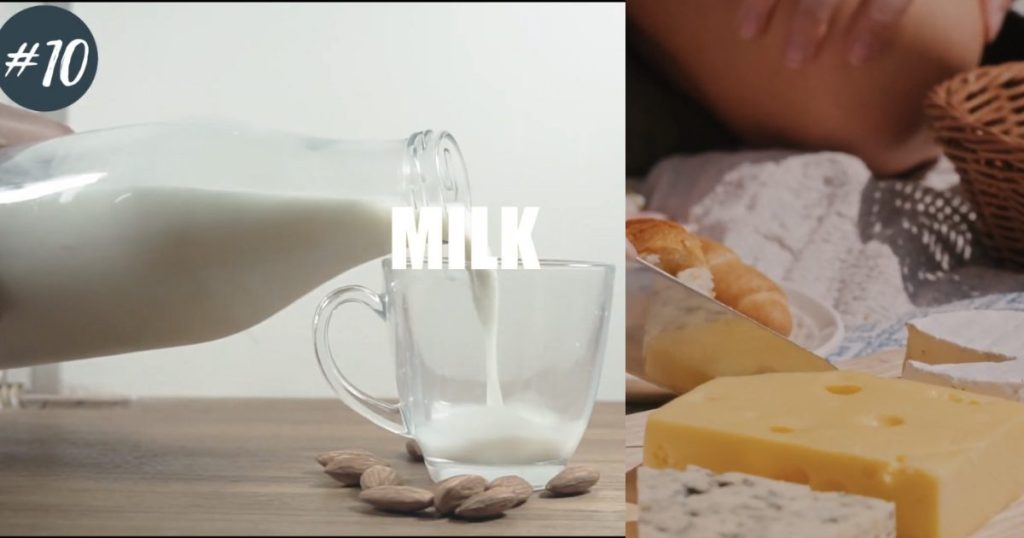
The birds will suffer from both bloated stomachs and diarrhea. It’s not only milk containing lactose; other foods, yogurts, cheese, and halloumi are other examples of things you should never feed a bird.
11. Mushrooms
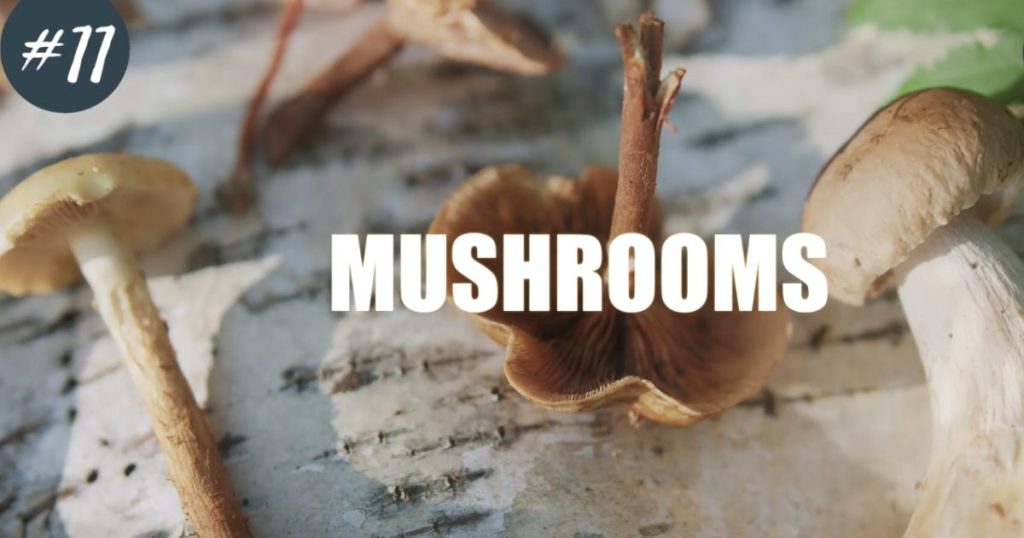
Raw mushrooms cause digestive problems, and the mushroom cap can cause liver damage. Cooking mushrooms remove all bad toxins, but that isn’t the case. The small remaining amount can still affect the birds in the same negative way. So don’t let birds consume cooked or raw mushrooms.
12. Old Nectar
Nectar is a sugar-rich liquid from flowers sold in stores, it usually comes in powder or liquid form, and like other things containing sugar, it can spoil and harm the birds.
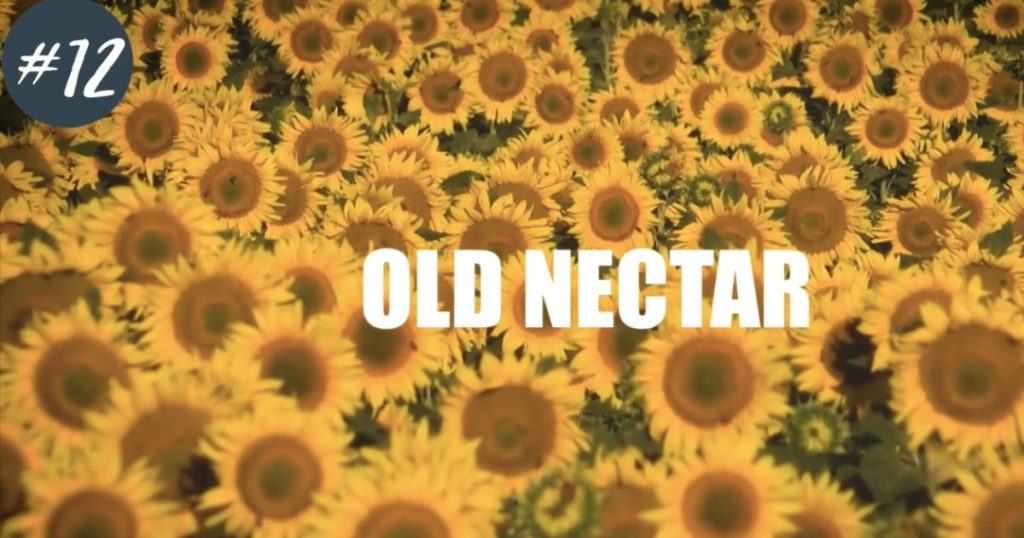
You can see on the nectar if it has changed colors into some cloudy mixture and notice some small floating plumps,
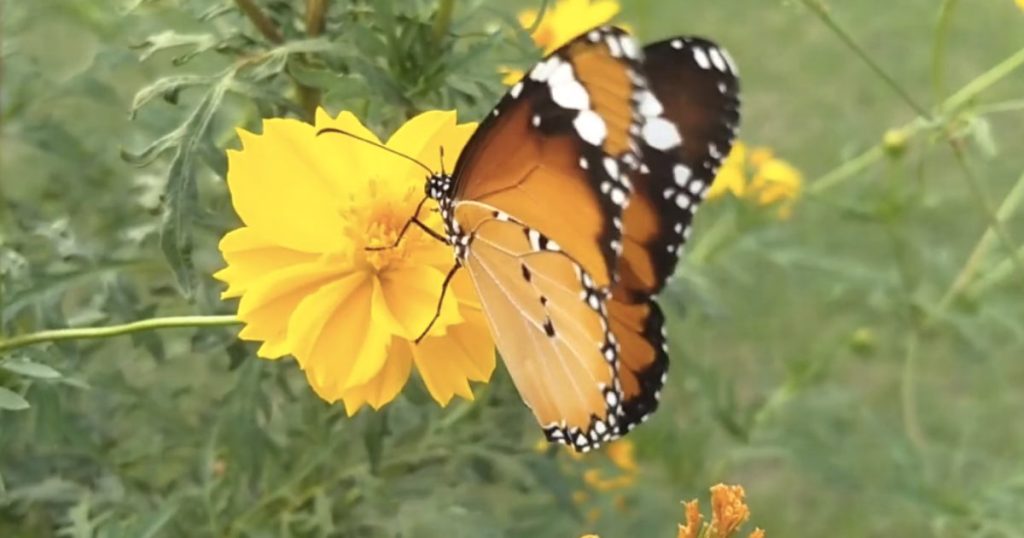
I usually mix nectar with the bird mix in my bird feeders to give them an extra boost
13. Onions
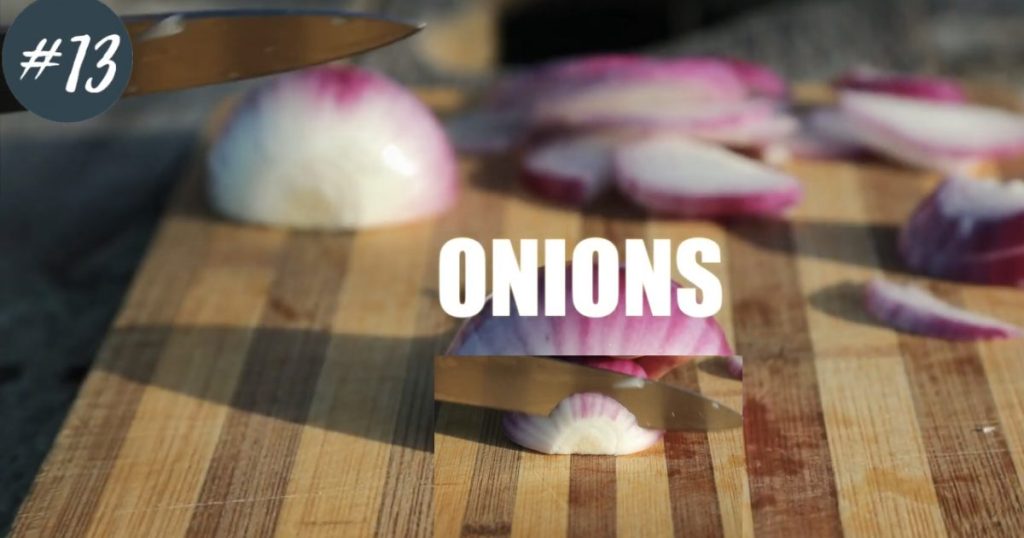
Humans have used onions for thousands of years. Although safe, they’re toxic to birds and many pets, including cats. In addition, onions contain sulfur which can cause irritation in the bird’s mouth and cause ulcers. Any onion causes this, no matter the color or shape.
It has been found that prolonged exposure to onions in birds cause a blood condition called, haemolytic anemia which is followed by respiratory diseases even death.
14. Pesticides
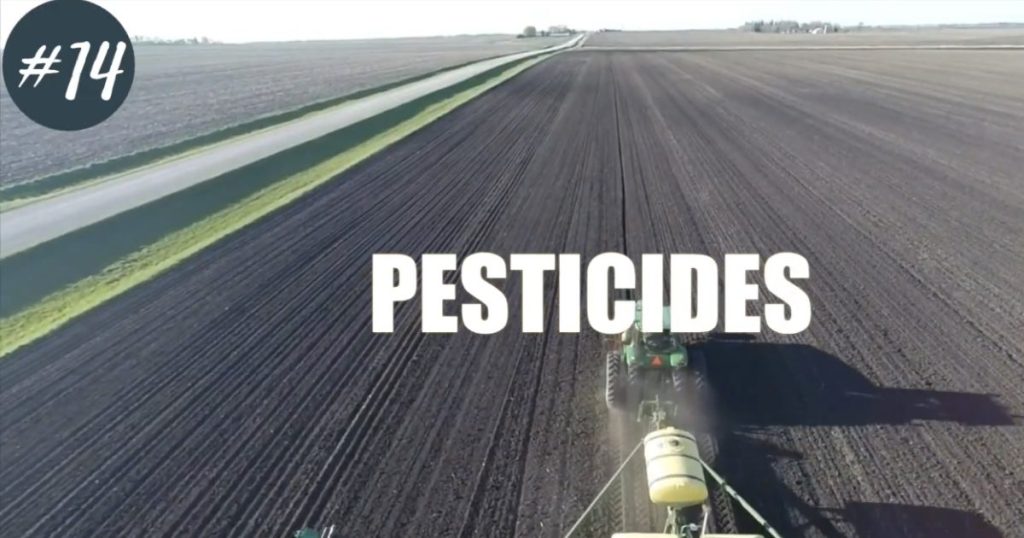
Pesticides can harm the bird in two ways,
- Pesticides can be lethal to birds if they contaminate their bird seeds and other foods.
- Pesticide’s main purpose is to eliminate pests in your garden, like insects that thrive on your plants in the garden
If you remove the insects, you also remove many bird’s natural food sources, causing the birds to starve. Please don’t use pesticides in your garden, but instead, let nature solve it for you, frogs and bird-eating insects, hedgehogs eating slugs.
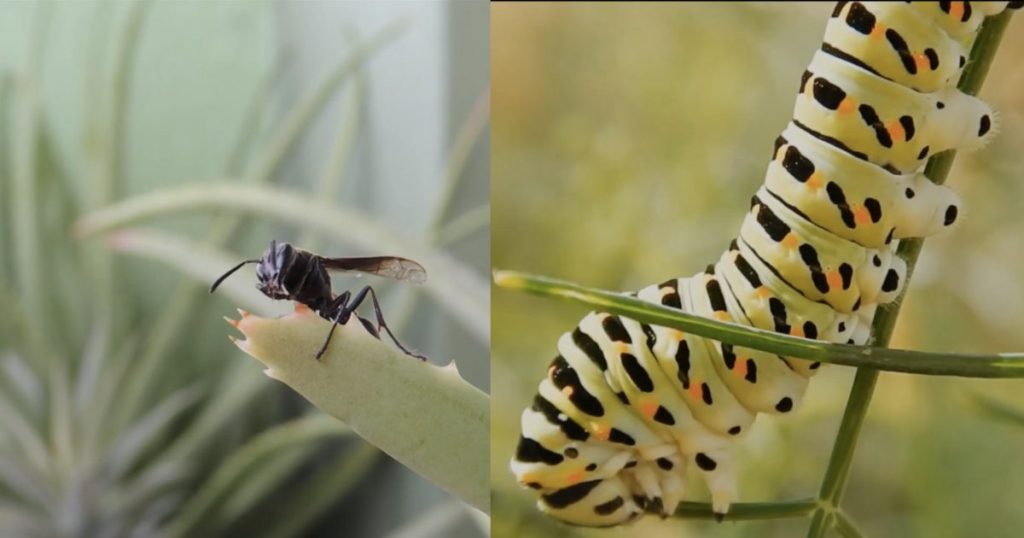
15. Potato Chips
Potato Chips contain mainly three things potatoes, salt, and oil.
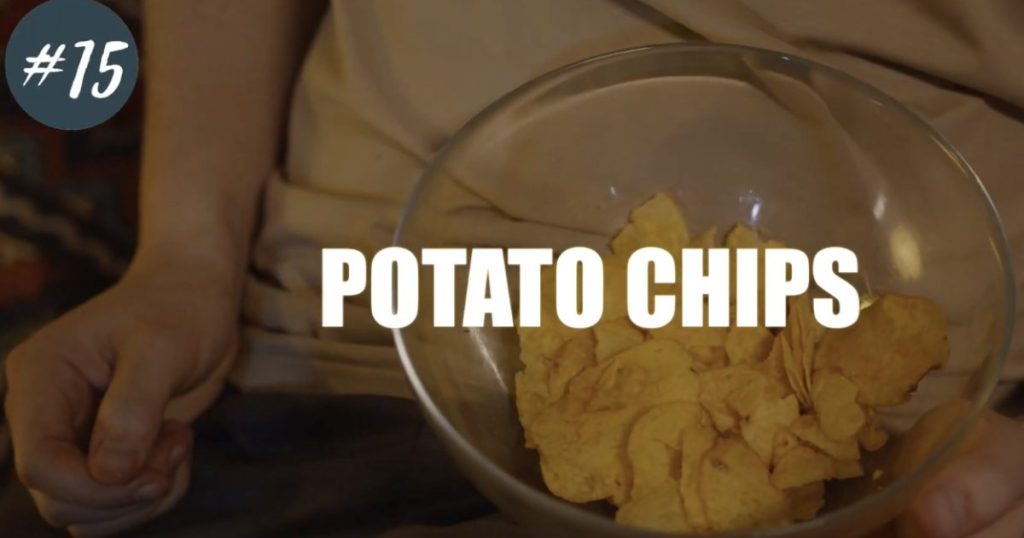
Even chips provide a tiny bit of nutritional value in minerals and vitamins. However, it comes with a great amount of salt and oil, salt is not good for birds, and salts can be consumed in moderation. However, too much salt may be toxic to birds.
16. Raw Meat
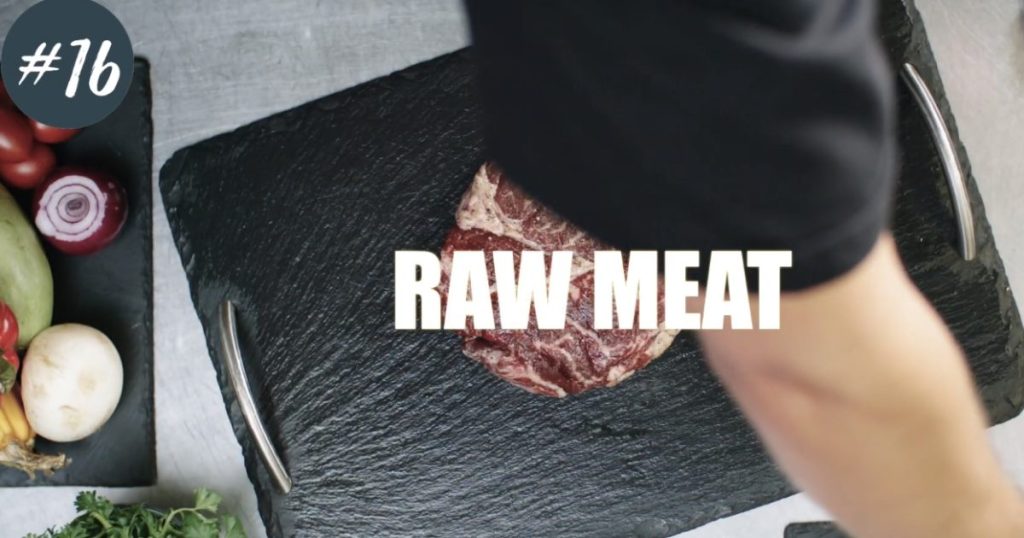
While many birds are carnivores and omnivores, you shouldn’t provide them with meat scraps. Many people have a problem with carnivorous birds in the neighborhood and are scared for the safety of their pets.
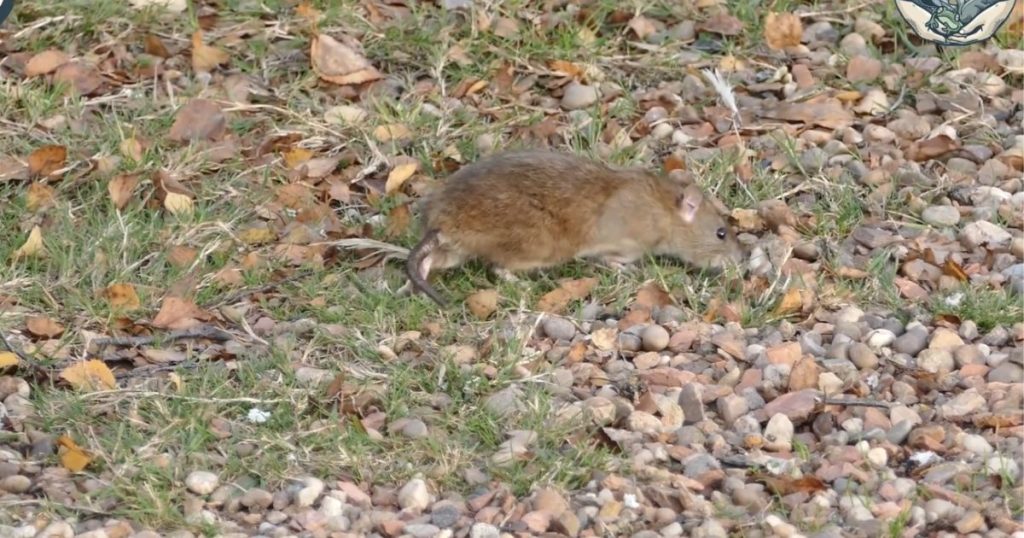
Raw meat waste also attracts pests like rats which brings other challenges. If there is a large population of omnivore birds in your area, consider offering them dried mealworms or suets instead.
17. Salt
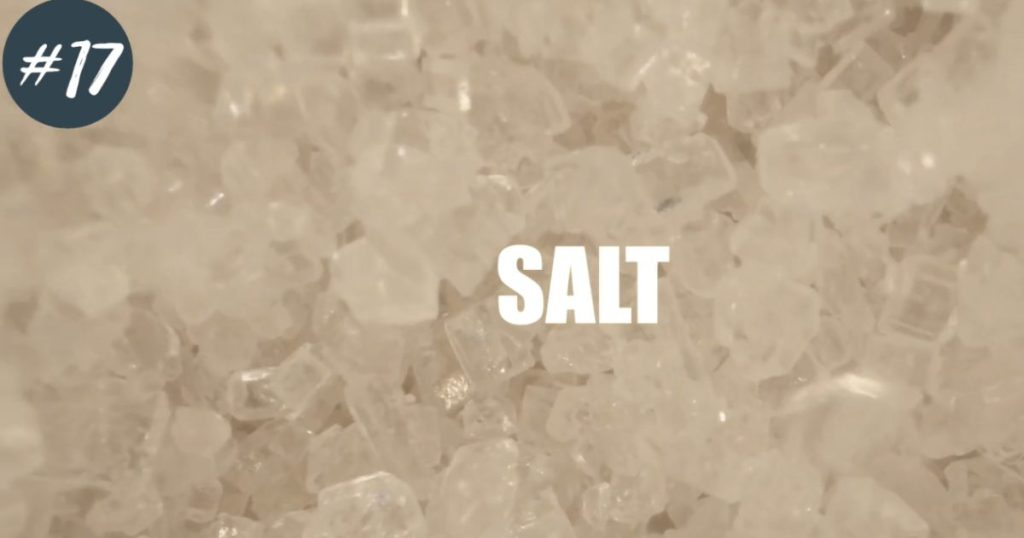
Before you get worried, did I give birds some salt?
Bird’s not going to die immediately from some salty chip or pretzel that it got a hold of. Still, rather you want to make sure that you’re keeping salted foods from entering the bird’s feeder because even just a small amount of salt can upset the electrolyte and fluid balance in the bird’s body, so over time, your bird can be prone to fatty liver disease, gout, massive thirst, kidney failure, and even death, there are known cases of pet birds have gout from salty foods his feet were just completely blown up. It was a really sad thing to see, so just make sure that you’re providing the healthiest diet you can for birds.
18. Spoiled Seed:
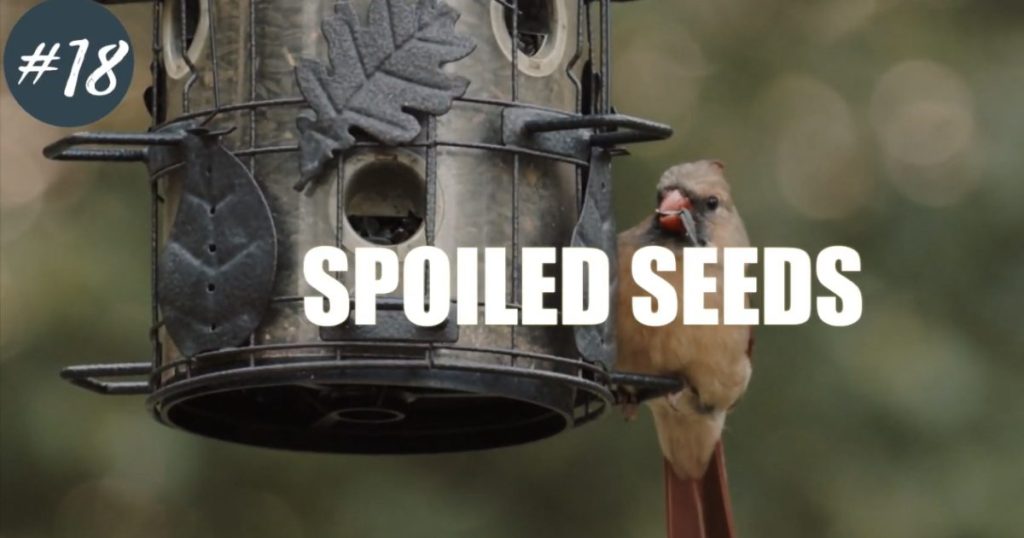
Although birds aren’t picky eaters, there are some things they don’t eat, Seeds that smell weird and may have some mold on them are not their favorite things to eat. If the seeds are exposed to moisture, they can grow mold, fungus, and even feces on them, and they are not so tempting to eat.
However, if the bird’s food supply were scarce, the birds might eat the spoiled seed and end up killing them. If the seeds become rancid, throw them away.
Also, know your seeds. Now most fruits are absolutely safe for birds, but are you aware that some of the seeds in fruits are actually dangerous to birds?
For example, the seeds in apples have cyanide that is cardiac toxic for birds, also pits from cherries, plums, apricots and peaches also contain cyanide, which is toxic to those little ones, interestingly enough the seeds of grapes, squash, berries, and pumpkins are safe for birds, which is why it’s important to get to know your seeds and just check first before feeding birds.
19. Table scraps
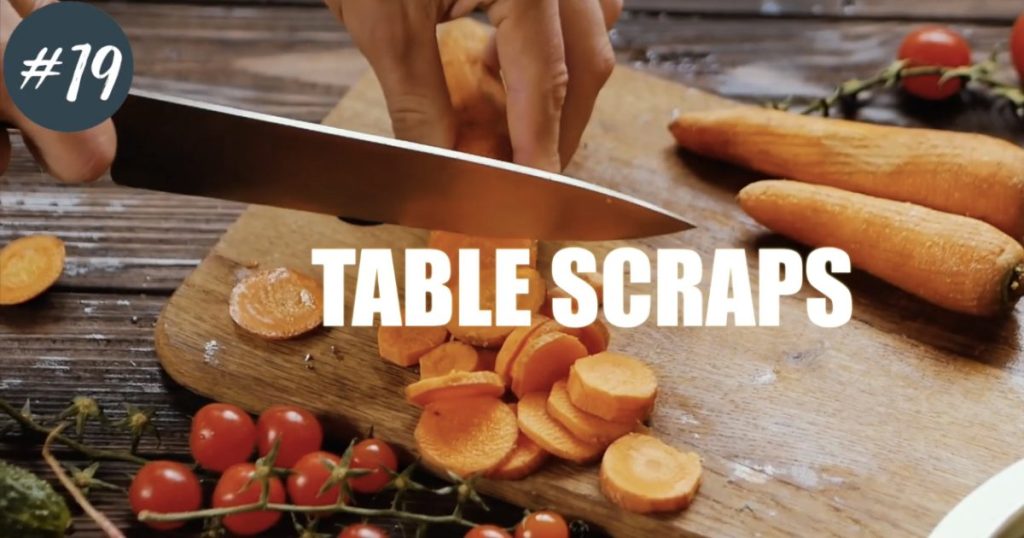
Some table scraps are suitable for birds to eat, but it also comes with a risk of giving the birds your leftover food scraps, pasta, veggies, fruit, and nuts. But birds are happier with bird seeds. Food scraps most certainly don’t provide all the nutrition required for the birds and also cause serious illness. There is also the risk of attracting pests who also enjoy scraps.
20. Xylitol
If you don’t know what this is, it’s basically an artificial sweetener that a lot of people put in diet foods and think it was healthy.
Side note, guys, it’s actually a poison, and it also tastes like one. You definitely don’t want to give it to birds.
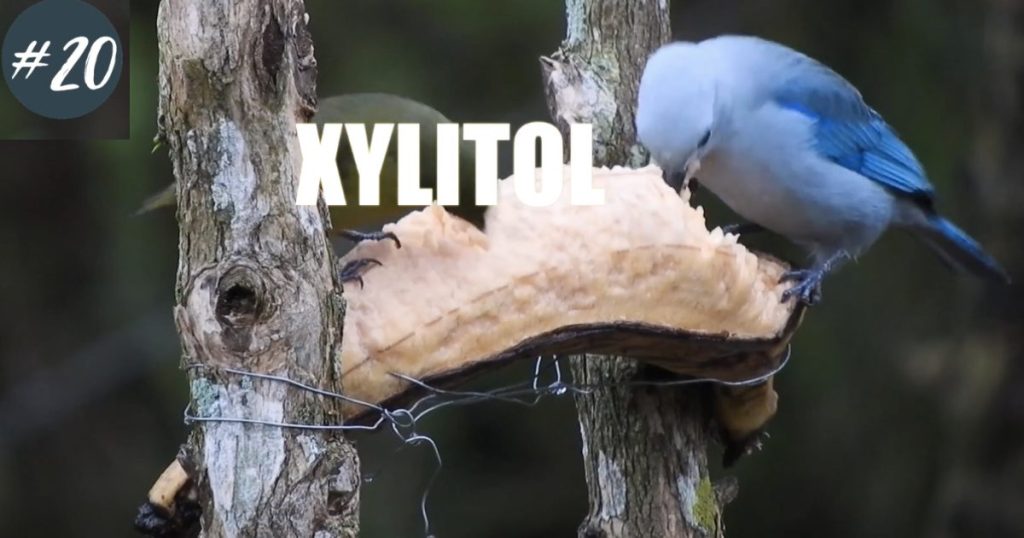
Some studies they’ve done about xylitol found that its been toxic to dogs and cats, and they don’t have many official studies about birds, but because birds have such a fast metabolism, smaller amounts of things are more toxic to birds than they are to other animals, so it’s pretty much safe to say that if you’re eating anything with those artificial sweeteners do not share them with your birds, so don’t offer birds sweets, chewing gum, or other human treats unless it’s nuts.